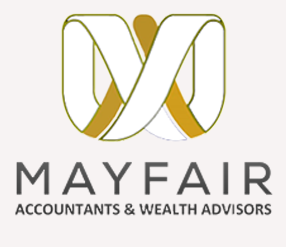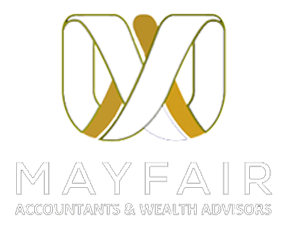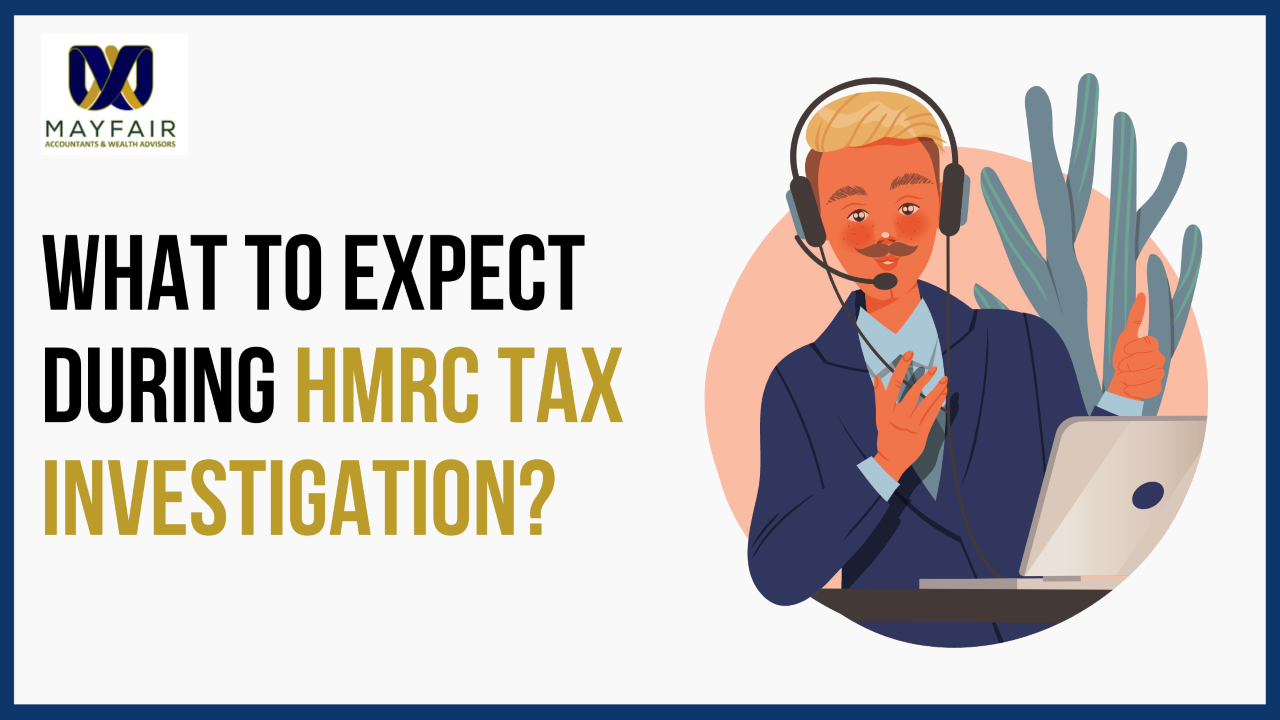HMRC tax investigations can be a little daunting, especially if you are not familiar with the process. In most cases, HMRC will contact you to let you know that they will be conducting an investigation into your tax affairs. They may ask for specific documents or records related to your tax return. It is important to cooperate with HMRC during the investigation and to provide any requested information.
If you are being investigated for a suspected Tax Evasion offense, you should seek legal advice as soon as possible. You may be interviewed by HMRC under caution and could face criminal prosecution if found guilty of Tax Evasion.
If you are being investigated for a suspected Tax Fraud offense, the investigation will likely be more complex. You may be visited at your home or business and asked for information relevant to the investigation. If you refuse, you could end up with a large fine, criminal prosecution, and even face losing your assets such as your home or business.
What to Expect from HMRC Tax Inspection Notices?
If HMRC decides to conduct an investigation, they will usually issue you with a written notice. The notice will explain the scope of their inquiry and what records they require from you. It is important to fully comply with the request as failure to do so could result in criminal prosecution for Tax Evasion or even being charged with Contempt of Court.
The length of time that HMRC have to complete the investigation depends on the type of offense under investigation. A tax evasion investigation can take up to three years due to the requirement for detailed evidence gathering. Fraud investigations are often more complex and may take four years or more before completion.
HMRC are not obliged to wait until their full three/four-year deadline has expired before taking further action, such as criminal prosecutions. They may decide to take early action if they feel that there is a good chance of securing a conviction.
If you have received an HMRC Tax Inspection Notice, it is important to seek legal advice as soon as possible. The experienced tax solicitors at companyinsolvencyservices.com an help you understand your rights and guide you through the investigation process. Contact us today for more information.
What will HMRC ask me during Tax Investigation?
During HMRC investigations, they may ask you for:
· The names of anyone who worked for your business;
· Your VAT records;
· Financial transactions within your business;
· Details about any trips overseas taken by yourself or family members; and/or
· Details of any properties owned by yourself.
If you refuse to provide the information requested by HMRC without good reason, it could result in a penalty. It is important that you provide the information requested. It is in your best interests if you cooperate with HMRC because it can help you to build a case for yourself and fight tax evasion charges.
If the investigation reveals that you have been under-declaring income or capital gains, it will likely result in a fine and recompense of taxes owed plus interest. You could face criminal prosecution if HMRC finds evidence of deliberate fraud related to false accounting or dishonesty. The fines issued at this level are unlimited within 12 years from when the offense was committed.
Please note: If by any chance, there has been a mistake by HMRC in issuing Tax Investigation Notice then do not ignore requests from them without speaking with an experienced tax solicitor first as they may be able to help and represent you in dealings with HMRC.
Types of HMRC Tax Inspection Notices?
There are three different types of HMRC Tax Investigation Notices:
1. HMRC Letter Before Action
This is a letter issued by HMRC that lets you know that they intend to take legal action against you for tax evasion if you do not pay the amount owing or provide information relevant to an ongoing investigation. It gives you 28 days (or 42 days where there is potential criminal prosecution involved) to either settle the case or respond back with evidence or other information relevant to the case. You should seek professional advice in response to this notice, otherwise, it could cause you more financial loss and stress; allowing HMRC to close your business down while under investigation.
2. Enquiry into Conduct (EIC) Notice
This notice is issued by HMRC when there is a suspicion that you have been involved in criminal activity related to your tax affairs. The purpose of this notice is to gather information related to an ongoing investigation into suspected fraud or evasion. You should take the time to understand the EIC Notice and comply with all requests made by HMRC because it will be in your best interests and could potentially reduce fines and prosecution if found guilty.
3. Tax Evasion Investigation (TEI) Notice
This type of notice allows HMRC to confirm whether you have submitted accurate returns over a particular period. If you do not reply within 28 days, it could result in legal action taken against you which may include court proceedings, fines, and imprisonment depending on the severity of the offense.
If you receive any type of HMRC Tax Inspection Notice, it is important to seek professional legal advice as soon as possible. At Forbes Solicitors, we have a team of experienced tax solicitors who can help and represent you throughout the entire investigation process. Please do not hesitate to contact us for more information.
Need further help?
If you are unsure how this process works, or if you have any concerns about what your company’s future is likely to be, don’t hesitate to get in touch with the team today on +44 (0) 20 7060 5015 or email us @info@mayfairwealthadvisors.co.uk



